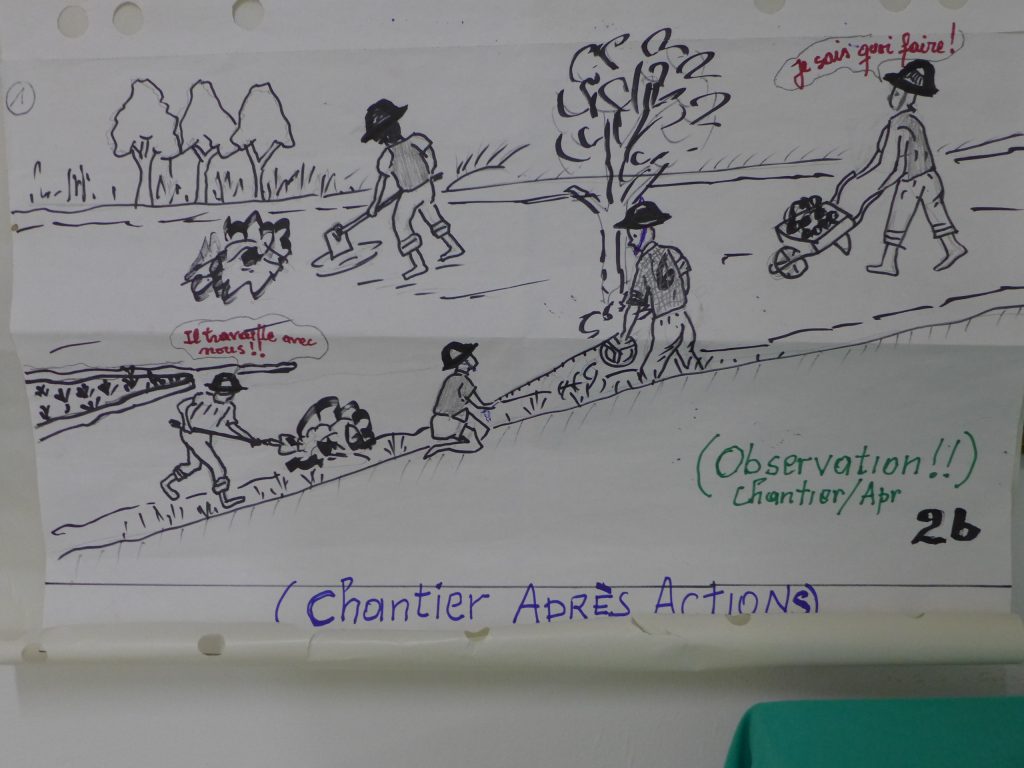At the recent Bond Conference, one of the sessions “Unlock Your Innovation Potential” was led by James Whitehead of Oxfam and Shauna Carey from IDEO in the US. It was useful to be reminded that innovation is not just “something you’ve never heard of” but can be something old or already being done, but just with a new twist that makes it more effective or helpful. Innovation can also be about principles and process – not just about products.
Shauna showed us that we could develop innovative approaches through some simple and quick methods which we could be drawing on more often. The steps she took us through were:
- Active Empathy – through thoughtful observation of people: what are their values, how do they feel, what do they say and do?
- Brainstorming – following the rules: allowing crazy ideas and no discussion while the brainstorm is going on.
- Rapid prototyping – trying out new ideas and adapting them quickly (in the space of days rather than over the life of a 3 year project)
The iPhone is usually held up as a prime example of cutting edge innovation by brilliant people at Apple. But as Practical Action points out, actually the iPhone was completely dependent on technologies such as the internet, GPS, touch-screen displays and voice-activated Siri that were developed through government-funded programmes.
In our work, a good question could be: who’s got capabilities we can bring together? And how can we make our borders more porous to explore unusual collaborations? It’s not necessarily rocket science, or even that supposed pinnacle of innovation that is NGO / private sector joint-working. Who are the people and ideas that we already have in our teams and communities who are not yet fully engaged, not yet having the opportunities to help shape the future?


